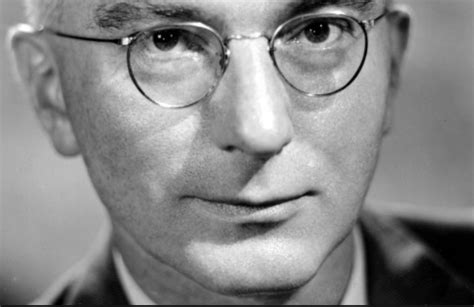A Quote by Madalyn Murray O'Hair
The history of the Church has been a history of divisiveness, repression and reaction. For almost 2000 years, Christianity has held mankind back in politics, in economics, in industry, in science, in philosophy, in culture.
Related Quotes
Yes, the kingdom of Christianity and the Church has been one of the most destructive forces in history, and there are levels of bastardization of religious beliefs. But the unique thing about Christianity is that it is so amorphous and not reductive to culture or place or anything. It's extremely malleable.
We know only a single science, the science of history. History can be contemplated from two sides, it can be divided into the history of nature and the history of mankind. However, the two sides are not to be divided off; as long as men exist the history of nature and the history of men are mutually conditioned.
Oddly, since by now I've written quite a lot on early modern philosophers, I didn't care for the history of philosophy, which I thought dull and obscure, until I got a minor job writing articles for a children's encyclopedia in the history of science and began to make connections between science and philosophy.
The constancies and equivalences adumbrated work havoc with such settled topical blocks as myth and philosophy, natural reason and revelation, philosophy and religion, or the Orient with its cyclical time and Christianity with its linear history. And what is modem about the modem mind, one may ask, if Hegel, Comte, or Marx, in order to create an image of history that will support their ideological imperialism, still use the same techniques for distorting the reality of history as their Sumerian predecessors?
I definitely love history. I'm not formally trained or educated in history, but you could say I did go back to college in 2008 to do Untold History of the United States. That took five years. Co-author Peter Kuznick has been teaching history for something like 35 years, at American University and other places. His group of researchers brought me into contact with a lot of books.
It is often asserted that woman owes all the advantages of the position she occupies to-day to Christianity, but the facts of history show that the Christian Church has done nothing specifically for woman's elevation. In the general march of civilization, she has necessarily reaped the advantage of man's higher development, but we must not claim for Christianity all that has been achieved by science, discovery and invention.
I am opposing it with an idea of the history of philosophy as a history of philosophers, that is, a history of mortal, fragile and limited creatures like you and I. I am against the idea of clean, clearly distinct epochs in the history of philosophy or indeed in anything else. I think that history is always messy, contingent, plural and material. I am against the constant revenge of idealism in how we think about history.






































